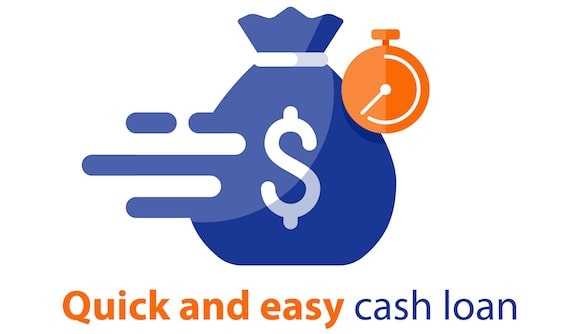ブランド品を安く購入する裏ワザ|お得に楽しみたい方必見
What Classes Are Taken To Minor In Finance?
Are you thinking of getting a finance minor? Adding a finance minor to your portfolio can help students excel in fields beyond just finance (fields like business, tech, economics, etc.). In this article, we’ll discuss which classes are needed to get a finance minor. We’ll mainly discuss the main courses, like accounting and corporate finance. We’ll also cover how these classes help build solid skills for the real world. Whether you want a whole career in finance or just want to learn more about it out of curiosity, a finance minor course could be a good step. Let’s get started.
Are you thinking of getting a finance minor? Adding a finance minor to your portfolio can help students excel in fields beyond just finance (fields like business, tech, economics, etc.). In this article, we’ll discuss which classes are needed to get a finance minor. We’ll mainly discuss the main courses, like accounting and corporate finance. We’ll also cover how these classes help build solid skills for the real world. Whether you want a whole career in finance or just want to learn more about it out of curiosity, a finance minor course could be a good step. Let’s get started.
Why Choose Finance Minor?
A finance minor course can give you skills that look good on a job application, help you get a better job package, and even lead companies or build your own.
In today’s world, knowing about finance can open doors to many careers. A finance minor often deals with essential transaction-related work that can be used in any job.

Core Courses Required for a Finance Minor
Students who want a finance minor need to take some main classes. These help build a strong start in finance.
Introduction to Financial Accounting
Learning about financial accounting is one of the first steps in a finance minor. This class teaches students how money moves around in a business and how you can keep track of every transaction from both sides (sending and receiving side).
Students learn ways to record money in and money out. This helps them understand how a business runs and stays on top of its cash. Knowing basic accounting can be helpful in almost any job field since all businesses need to track money. From small shops to big companies, these ideas are used everywhere. Accounting is a skill that helps in many different careers.
Principles of Corporate Finance
In this class, students learn how companies handle money to grow and make intelligent choices. Some key ideas are “capital budgeting” and “risk management.”
Capital budgeting is about picking the best projects for the company to invest money in. On the other hand, risk management is about seeing and handling any dangers a business might face (in its transactions and investments).
These ideas are important because they help companies make good choices about where to put their money. These skills help students prepare for different types of finance jobs in various firms. Many companies need people who know how to help with big money decisions, making this valuable class in many fields.
Investment Analysis and Portfolio Management
This class helps students learn how to look at stocks and stock charts, what’s going up, what’s going down, and more. Two main ideas in this course are stock valuation and asset allocation.
Stock valuation is about finding a stock’s actual worth and analyzing it beyond just its “on paper” value. Secondly, asset allocation is about picking where the company can put its money to get the best value out of it (and for the shareholders).
These ideas help people make better money choices. This class is key for students who want a job in investing. Knowing how to judge stocks and place money in the right areas is a skill that can be used in many real-life finance roles.
International Finance
Learning about money on a worldly level is also important; this class teaches precisely that. Understanding the financial situation of different countries helps students analyze how money moves between places. This is important because many big companies work in more than one country.
Knowing how money changes and moves across borders is crucial for securing jobs in these “multi-national” companies. In this course, students see how money values can change depending on the region and learn ways to handle these changes.
For people wanting to work in large global companies, knowing international finance can help them stand out and be ready for many job roles.

Skills Gained from a Finance Minor
A finance minor gives students critical skills that help in many job roles. Here are the primary two skills that can be useful in many kinds of work:
Financial Analysis and Strategic Decision-Making
Finance classes teach students how to look at numbers and make good choices. Students also learn to break down details and see what hides behind those details that could be beneficial for the company. This helps them make smart moves, whether in their own businesses, job roles, start-ups, or other areas. The ability to look at facts and make quick financial decisions is a skill that many companies want.
Data Interpretation and Quantitative Skills
Working with numbers is very important in finance. Students learn to look at data and find what matters most. These skills help them understand large sets of data, making them good at handling real-world money questions and helping companies make better choices.
Advance In Your Career with a Finance Minor
A finance minor can really help you excel in the corporate world. This course will give you valuable skills many employers require, especially in business and tech. With a finance minor, you will understand how money works (in businesses), which helps you make smart decisions in your job so you can provide the most value for your company. Many companies want these skills, and having them can open many doors. If you want to grow your knowledge, especially in topics related to finance, consider doing a minor in finance.











